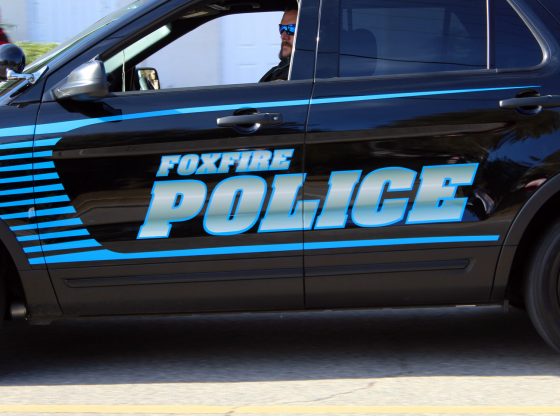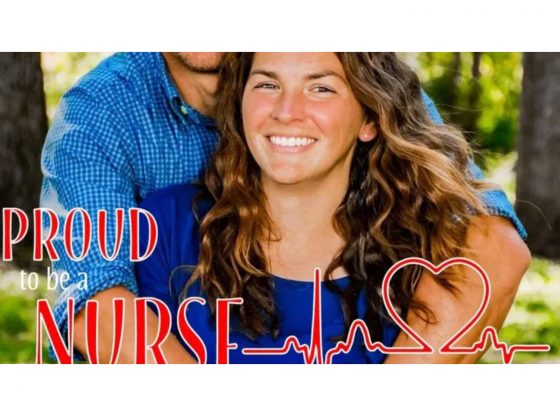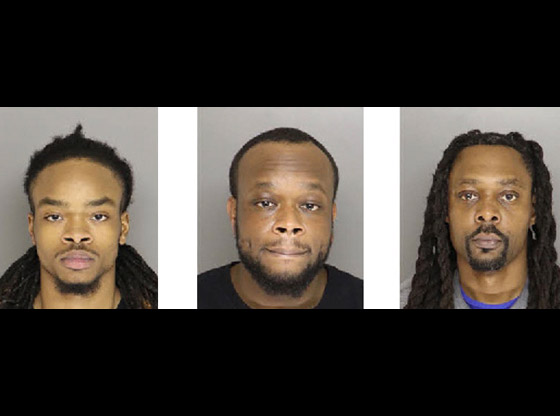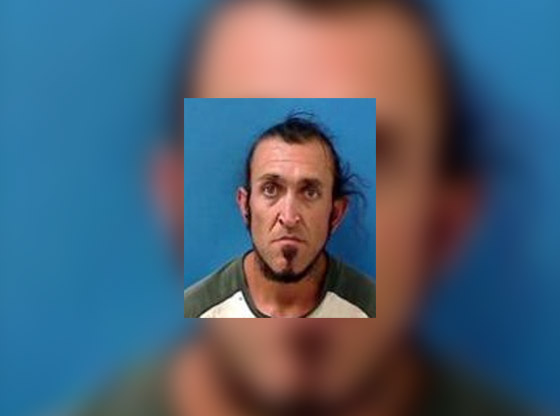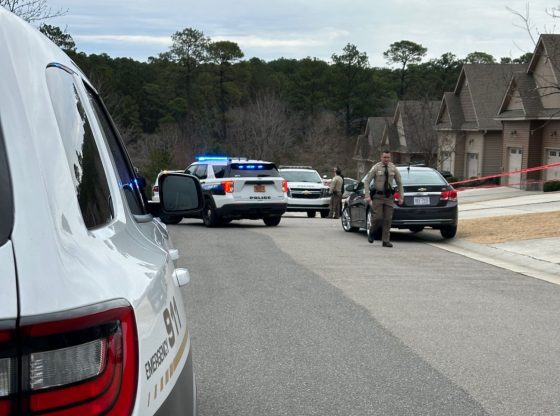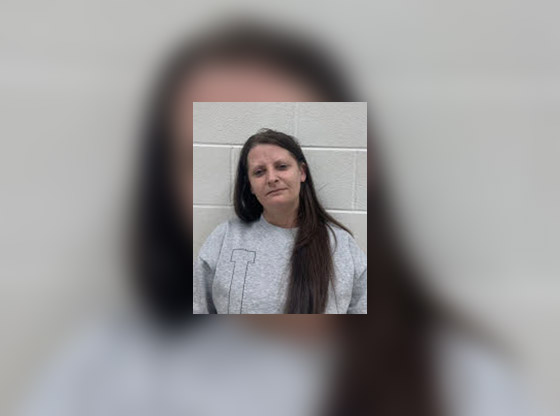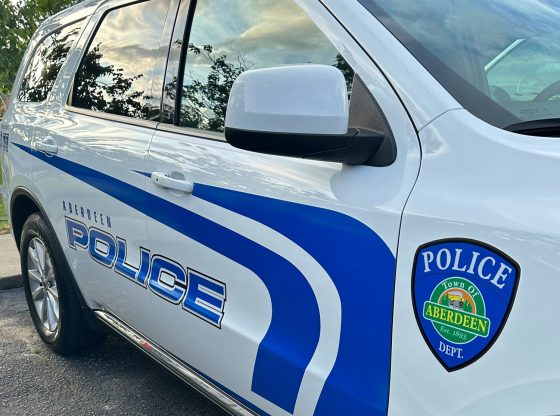North Carolina Insurance Commissioner Mike Causey and Coalition Against Insurance Fraud are urging residents to be on guard against scammers preying on fears related to the coronavirus pandemic.
“Crooks will stop at nothing to scam the public, including using the coronavirus as a means of stealing your money, or worse your personal identity,” Commissioner Causey said. “If you get an unsolicited visit, call or email offering “corona” insurance, free or low-costs tests, or seeking personal information, it’s best to close the door, hang up, or exit out of the email and notify the authorities.”
The Coalition Against Insurance Fraud has identified the top five coronavirus – or COVID-19 – scams:
- Fake “corona” insurance.Fake health insurance agents may try to sell low-priced insurance to cover coronavirus treatment. Most standard health insurance policies provide coverage for coronavirus treatment. If you receive one of these calls, simply hang up on the caller or robocall.
- Canceled heath insurance.Beware of bogus calls warning you that your health insurance was canceled. These scammers may give you a tollfree number to call or you may be urged to click on a link in an email. Clicking on the link could result in the scammer installing malware on your electronic device. Most of these are attempts to steal your personal information. If you have a question regarding your health insurance, call the number on your insurance card.
- Corona medicines and tests.Scammers are peddling fake vaccines, drugs, all-natural or organic treatments that are “insured and paid for” by your health insurance policy. The novel coronavirus is new. There is no known cure yet.
- Senior scams.Beware of free virus tests at senior centers, health fairs or in your home. These scammers might ask for your Medicare number, Social Security number or other information to steal your medical or personal identity. Talk to your doctor or local health department if you think you need a test. Call your health insurer to answer any coverage questions.
- Bogus travel insurance.Be wary of pitches for travel insurance that claim to cover coronavirus-related trip cancellations. Most standard travel insurance policies do not cover viral outbreaks or pandemics unless you are sick or if you have an expensive “cancel for any reason” policy. Know what your policy does and doesn’t cover.
If you have questions, you may speak to a consumer specialist at the N.C. Department of Insurance by calling 855-408-1212. To report suspected fraud, contact the N.C. Department of Insurance Criminal Investigations Division at 919-807-6840. Callers may remain anonymous.





